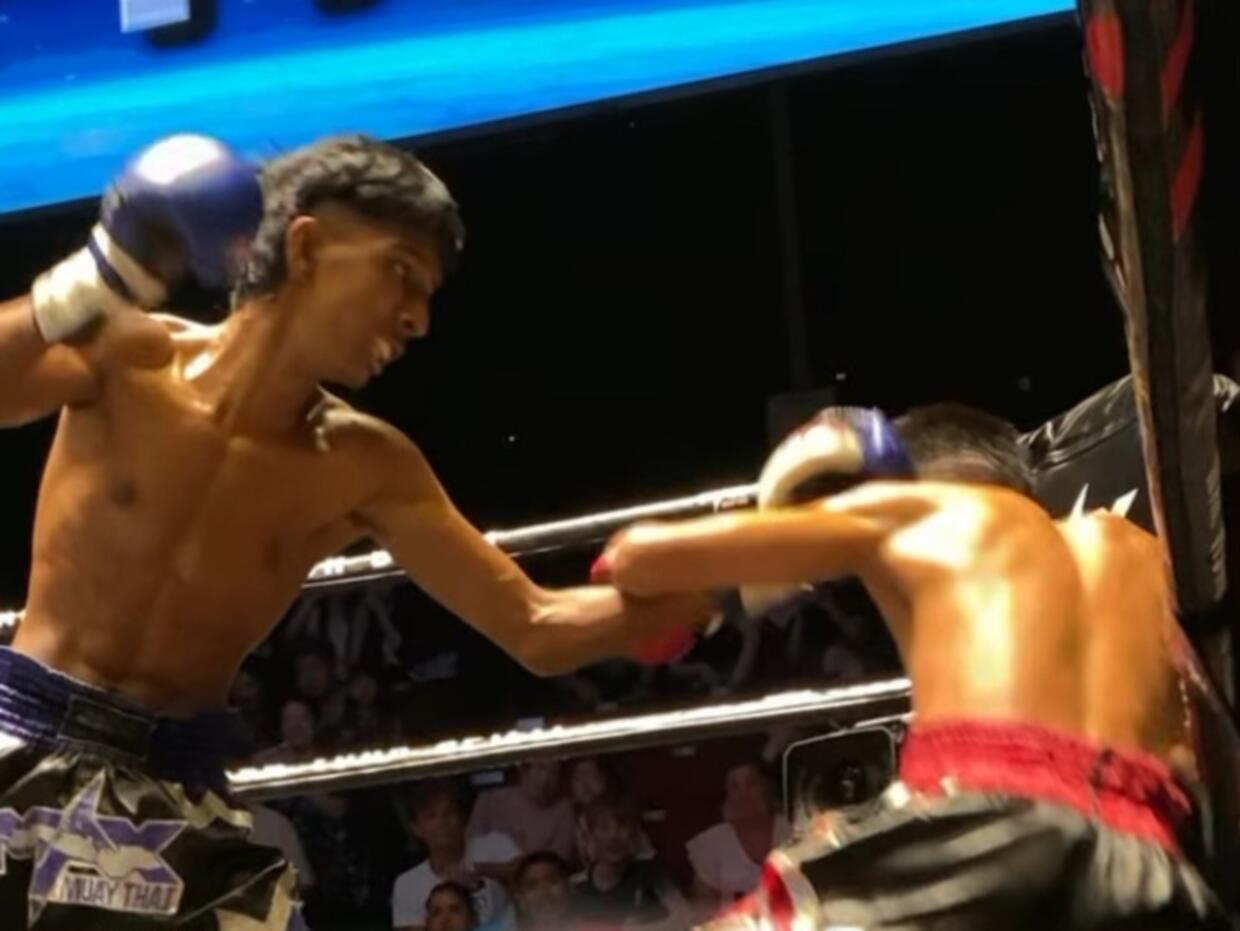Interview: Part 1
He may have left the force under something of a cloud, but 48-year-old Kuan Chee Heng still harbours much more love than cynicism towards his vocation.
Kuan served as a policeman between 1986 and 1991, and his continued dedication can be seen in his immense efforts at building an effective platform for the public and the police to interact.
In 2007, the strongly built man with a sonorous voice initiated community policing, a movement that equips a voluntary public with basic police training who, in return, conduct patrols, identify potential problems in their communities and provide tip-offs to the local police.
The first neighbourhood to set-up community policing was in Puchong, Selangor. Today, it has grown into a statewide movement of 37,000 members and counting.
The idea of a neighbourhood watch is not alien to these shores, similar efforts having being conducted under the brands of “Rukun Tetangga” (community watch, or RT) and “Rakan Cop” (friends of cops). What’s so special about the current movement of community policing?
“Community policing differs from RT as we stress on how to solve problems in a particular area, whereas RT leans more towards stressing on the message of unity and harmony,” reckons Kuan.
“On the other hand is Rakan Cop, which is only about sending text messages to the police,” he tells Komunitikini at an exclusive interview in his office in Puchong.
Community policing members, while on their rounds, are required to list every identifiable problem in a given form, and this includes blown street lights, broken drains or suspicious houses.
Kuan says members are taught to differentiate between ‘hot houses’ and ‘cold houses’, the former being defined as one occupied by a checklist of people who may potentially cause trouble, such as bachelors, someone who always go out late at night, or perpetually keeps the house closed-up. Foreigners are also included on the list, as ‘racial profiling’ is pervasive anyway in 1Malaysia.
“Once a hot house is identified, the members will pass the form to the local police chief and it’s then up to the police to monitor these houses and take the necessary action,” Kuan explains.
The former constable says this method of patrolling has been proven to work, as police once busted a home drug laboratory after Selangor Community Policing members noted their suspicions of the condominium unit.
“Neither the police nor the condominium’s security guard would know what’s going on in a unit; only neighbours will know,” he notes.
Community and the broken windows theory
Likewise, Kuan believes tackling crime should start from the grassroots.
“Criminals come from the community; they stay, live and reside in the community.
“If everyone is nosey and reports his or her neighbour’s suspicion doings to the police, by doing that long enough, we can ‘chase the bird out of the nest,’” he argues.
Kuan is a believer in the broken windows theory which served New York so well during former mayor’s Rudy Giuliani’s time in office: a slight misdemeanour, such as breaking a window, if not given attention, invites more of the same; it then escalates, and might even cripple the social order.
But it isn’t just anti-social behaviour that must be cut off at the roots; Kuan notes that it is a broken bus-stop or an untidy playground that breeds anti-social behaviour in the first place.
Children who grow up in neighbourhoods where public facilities are poor, or whose public funding for which is withdrawn (as with the ‘austerity drives’ of the UK and some EU countries) are prone to be criminals, reckons Kuan.
“Hence community policing is very important – its members have to make sure all broken public utilities are reported and the community is cleaner and safer,” he says.
Community policing in Selangor today even contributes directly to the recovery of stolen vehicles by the police in areas such as Sungei Besi Indah, Selayang, Taman Bukit Kajang and Taman Kinrara Puchong.
To setup a community policing team in an area, contact your local police chief for assistance.
Interview: Part 2 – Chinese merchants the target of local criminals
Interview: Part 3 – Criminals have more rights than ordinary citizens














